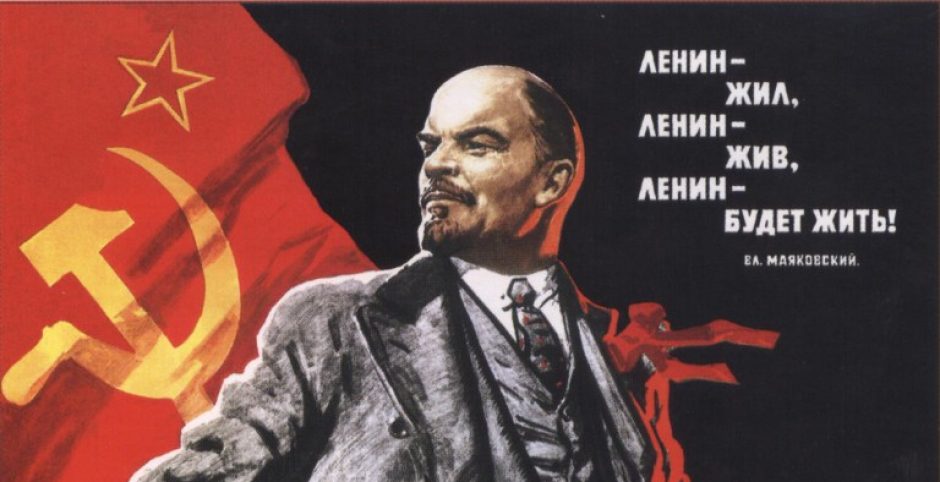To a certain extent, duty seems to have played an important role in civilian life under Stalin. Jones states, “The interpretation of iconoclasm as a ‘duty’ could be seen at a meeting of the Odessa sailing school Party organization, where one member eagerly announced to the secretary that, ‘this very day I’ll throw all the portraits of Stalin out of the apartment.” (Pg. 48). Additionally, returned labor camp prisoners felt compelled to spread their story of injustice at the hands of Stalin and, as related by Yevtushenko, people came together with a common cause to save, not only their own lives, but the lives of those around them. In each of these cases, there seems to be a sense of duty among the principle actors, a duty towards their fellow Russians.
With this in mind, Jones states states that the dilemma faced by Khrushchev and the Party was to find a way in which people could express their grievances over the past without their unrest becoming anti-Soviet. The solution the Party finds at the the 22nd Congress seems to have been one of limited expression with clearly thought out boundaries on how far anti-Stalinist sentiment could be taken as well as a clear and sanctioned idea of what it was the Party was opposing. Thinking about the sense of duty among the common people, is it unreasonable to think that the fear amid the Party was anti-Party sentiment rather than anti-Soviet? Can the two be separated, and, does a sense of duty translate into a continuity of communism with new leadership?
